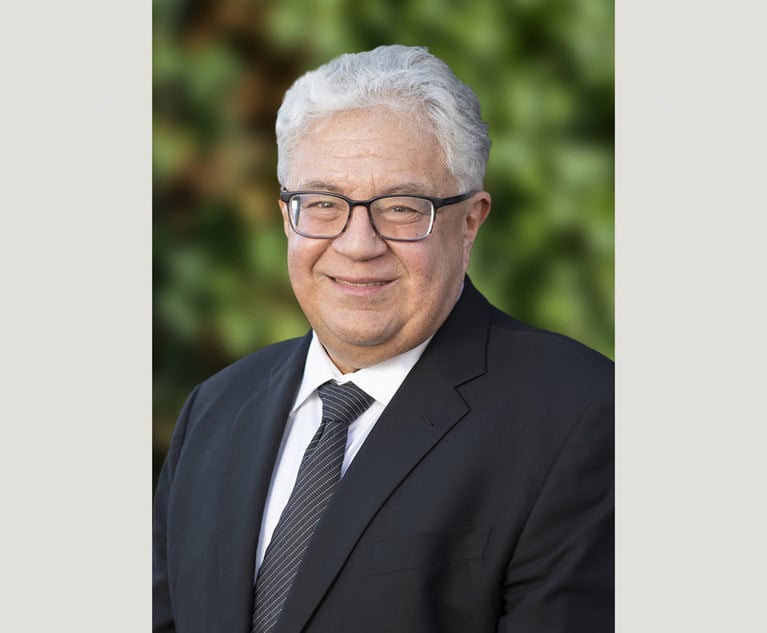On June 27, the U.S. Supreme Court unanimously ruled that doctors who act in subjective good faith in prescribing controlled substances to their patients cannot be convicted under the federal Controlled Substance Act (CSA). The court’s decision, which was handed down in Ruan v. United States, is an important decision for doctors who have been convicted of, or who may be at risk of being convicted of, violating the CSA in connection with the nation’s opioid crisis. Under federal law, licensed physicians are permitted to dispense controlled substances for “legitimate medical purpose” as part of their professional practice. Consequently, the justices were faced with deciding how to distinguish valid medical conduct from illegal overprescription of highly addictive drugs like opioids.
The ruling stemmed from the convictions of Dr. Xiulu Ruan and Dr. Shakeel Kahn for unlawfully prescribing opioid painkillers and being sentenced to more than 20 years in prison.
This content has been archived. It is available through our partners, LexisNexis® and Bloomberg Law.
To view this content, please continue to their sites.
Not a Lexis Subscriber?
Subscribe Now
Not a Bloomberg Law Subscriber?
Subscribe Now
LexisNexis® and Bloomberg Law are third party online distributors of the broad collection of current and archived versions of ALM's legal news publications. LexisNexis® and Bloomberg Law customers are able to access and use ALM's content, including content from the National Law Journal, The American Lawyer, Legaltech News, The New York Law Journal, and Corporate Counsel, as well as other sources of legal information.
For questions call 1-877-256-2472 or contact us at [email protected]


 Vasilios J. Kalogredis, with Lamb McErlane.
Vasilios J. Kalogredis, with Lamb McErlane.




